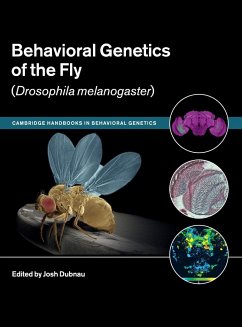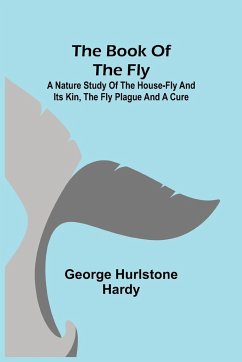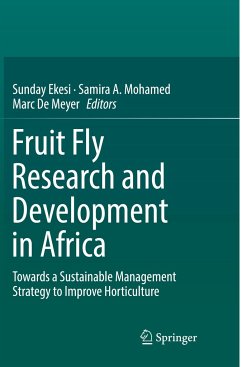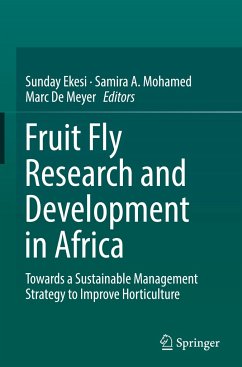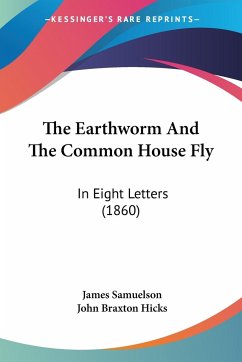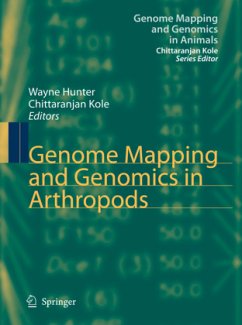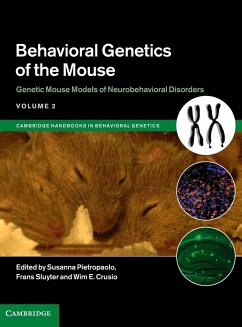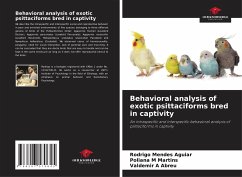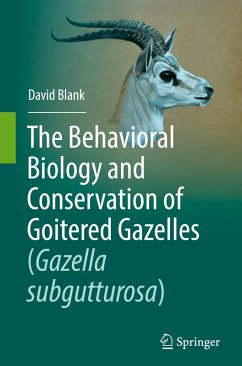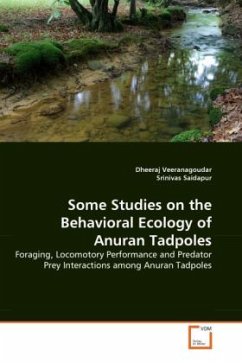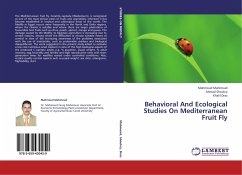
Behavioral And Ecological Studies On Mediterranean Fruit Fly
Versandkostenfrei!
Versandfertig in 6-10 Tagen
33,99 €
inkl. MwSt.

PAYBACK Punkte
17 °P sammeln!
The Mediterranean fruit fly, Ceratitis capitata (Wiedemann), is recognized as one of the most serious pests of fruits and vegetables, wherever it has become established in tropical and subtropical areas of the world. The Medfly in Egypt occurs more frequently in the North and Delta regions, where the climate is suitable and where there are larger plantations of favourable host fruits such as citrus, peach, apricot, mango and guava. The damage caused by the Medfly, to Egyptian agriculture is increasing due to certain reasons, among which the difficulties to choose suitable means of control in v...
The Mediterranean fruit fly, Ceratitis capitata (Wiedemann), is recognized as one of the most serious pests of fruits and vegetables, wherever it has become established in tropical and subtropical areas of the world. The Medfly in Egypt occurs more frequently in the North and Delta regions, where the climate is suitable and where there are larger plantations of favourable host fruits such as citrus, peach, apricot, mango and guava. The damage caused by the Medfly, to Egyptian agriculture is increasing due to certain reasons, among which the difficulties to choose suitable means of control in view of the increasing awareness of the problems associated with the use of insecticides, such as undesirable residues and biological disequilibrium. The work suggested in the present study aimed to evaluate a low cost nutritious larval medium in view of the high biological aspects of the produced C.capitata adults e.g. % pupation, pupal weight, % adult recovery, egg fecundity and fertility and high reproductive rates with short generation times for medflies reared under controlled conditions. Also, certain quality control aspects such as pupal weight, sex ratio, emergence, flightability, start



